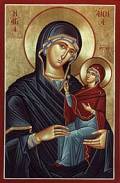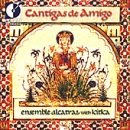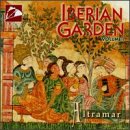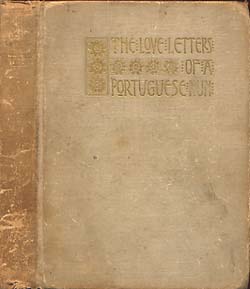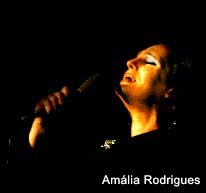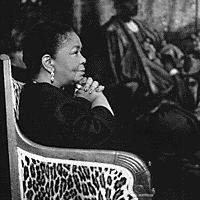which is the point of departure for a revolutionary
book
of the latter XXth century:
International Writing by Women/Europe/Travel
: The
Three Marias: New
Portuguese Letters
By Maria Isabel Barreno, Maria Teresa Horta, and Maria Velho da
Costa
Required textbook. Sample at:
http://www.users.globalnet.co.uk/~readers/newportpage.htm
Katherine Vaz, Lecturer in creative writing
at Harvard University / Associate Professor of English UC Davis , is
the author of the critically acclaimed novel
Saudade (St.
Martin’s Press, 1994).
Her second novel,
Mariana , has been printed in six languages.
Library
of Congress picked it as one of the Top 30 International Books of 1998.


Her collection 
